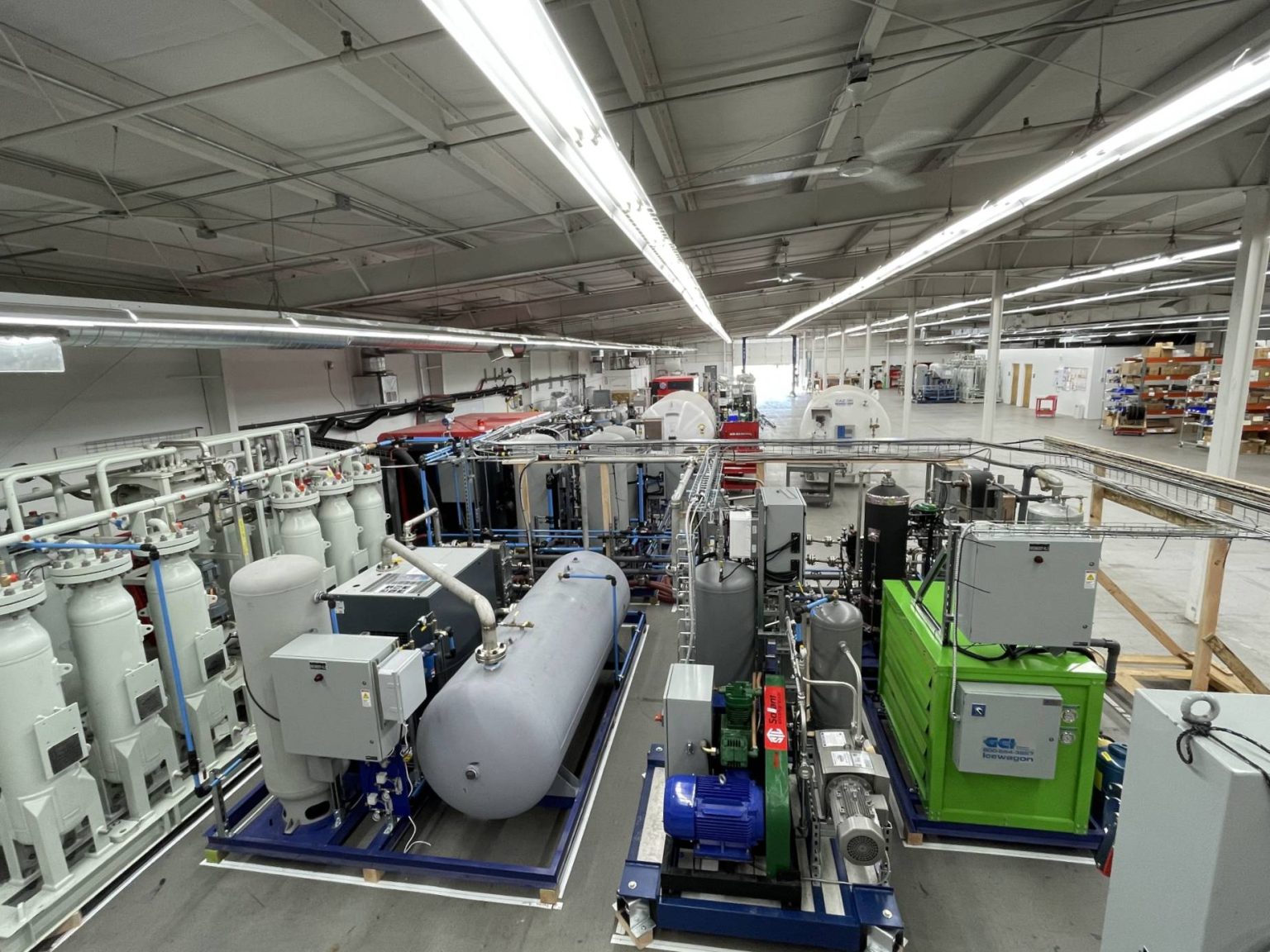CarbonQuest is a startup based in Spokane, Washington, that is focused on developing devices to capture carbon emissions at their source before they are released into the environment. The company targets smaller natural gas operations and industrial activities to reduce their carbon footprint. With over 800,000 distributed emission sources in North America, CarbonQuest saw an opportunity to address the problem of carbon emissions on a smaller scale. The company uses its own technology to capture carbon using a filter with a solid, non-toxic sorbent material, capable of removing up to 90% of CO2 emissions from a source’s flue.
The carbon capture technology industry is growing, with a number of startups like CarbonQuest working to help companies meet climate goals and emissions regulations. By the end of this year, CarbonQuest plans to have six carbon capture systems installed in New York City, with over 100 projects in the pipeline. Other companies in the sector include Svante, Carbon America, ReCarbon, and Ardent. International investment in point source carbon capture has exceeded $1.2 billion since 2018, with an additional $1.7 billion raised for direct air capture devices. The challenge for the industry lies in building demand as companies are not required to significantly reduce their carbon emissions.
The cost of carbon capture is a significant factor for companies considering investing in the technology. CarbonQuest aims to bring the cost down to $75 to $175 per ton of carbon captured, which is less expensive than direct air capture methods that can cost $600 or more per ton. The US government has introduced tax credits for carbon capture, providing incentives for industrial facilities producing at least 12,500 tons of CO2 per year to capture carbon and store it in geologic formations. Companies can also sell carbon offsets to reduce their carbon footprint.
Once carbon is captured, the challenge lies in finding uses for it. Carbon can be stored in concrete or converted into rock formations, used for industrial processes like carbonating beverages or making sustainable aviation fuels, or even for enhanced fossil fuel extraction. However, the demand for captured carbon is limited, and more research is needed to develop markets for the excess carbon. CarbonQuest is currently focusing on partnering with companies that can utilize the captured carbon, particularly in concrete production. As the company plans for growth, it is seeking outside investors to support its expansion.
The growing demand for clean energy solutions, combined with the need for carbon capture and sequestration, makes companies like CarbonQuest essential in the transition to a sustainable energy future. As industries continue to emit CO2 during production processes, carbon capture technology becomes indispensable in reducing emissions. While some critics argue that carbon capture prolongs the use of fossil fuels, proponents like CarbonQuest believe that it can help address immediate carbon impacts in hard-to-abate sectors. By offering a solution that can capture carbon emissions at their source, CarbonQuest aims to be a part of the energy transition story and meet the growing demand for clean energy solutions.


